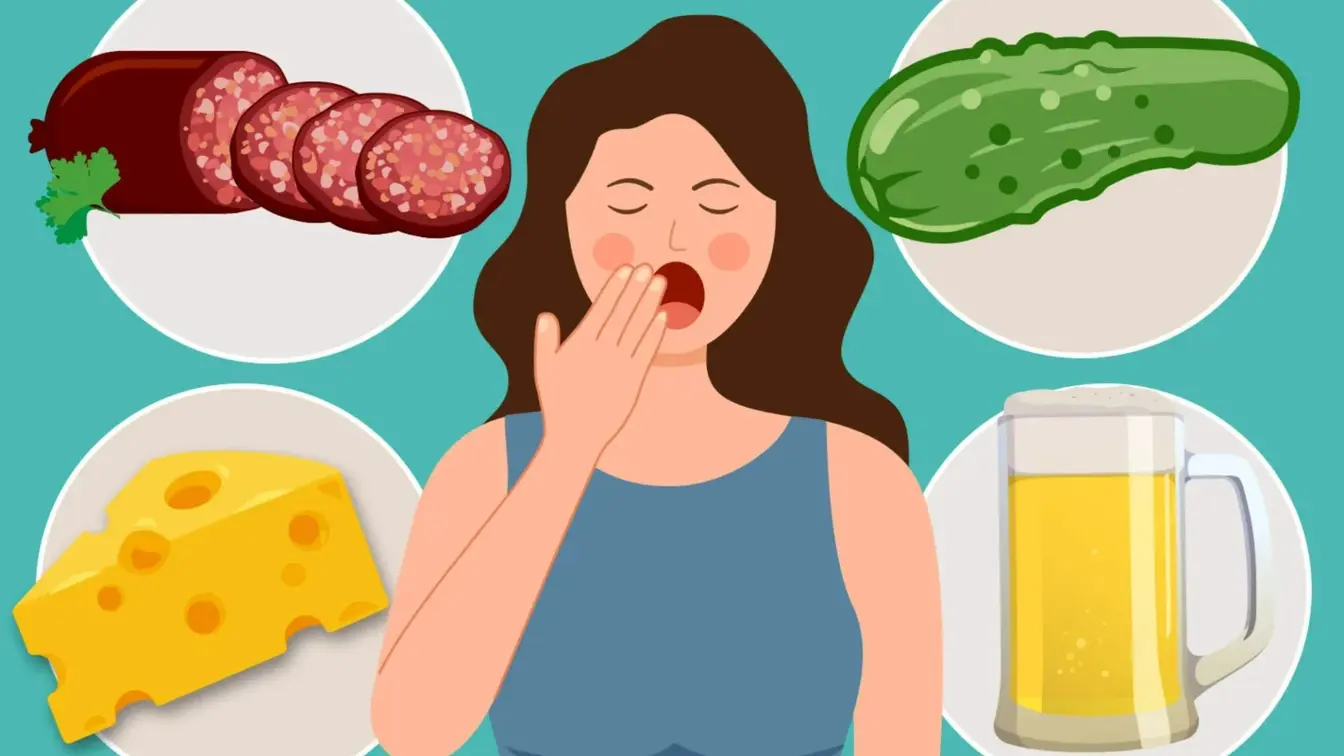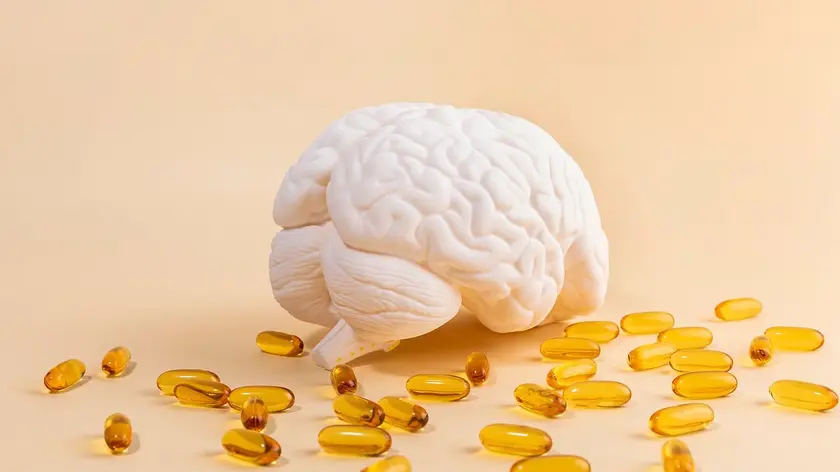T4K3.news
Diet linked to daytime sleepiness found in large study
Researchers identify seven metabolites linked to daytime sleepiness in 6,000 participants and point to dietary changes as a possible remedy.

A large study ties foods and blood metabolites to daytime sleepiness and suggests diet as a possible factor.
Diet linked to daytime sleepiness challenges cheese lovers
A new study from Mass General Brigham and Beth Israel Deaconess Medical Center links certain blood metabolites to excessive daytime sleepiness (EDS). Researchers analyzed data from about 6,000 people and 877 metabolites, combining blood tests with a self reported sleepiness questionnaire. They found seven metabolites that consistently associate with higher daytime sleepiness, including tyramine found in aged cheeses and other fermented foods. The researchers also noted that omega 3 and omega 6 fatty acids, common in oily fish nuts and seeds, were associated with a lower risk of EDS. The work published in Lancet eBioMedicine points to a mix of internal factors like hormone levels and external factors like diet in shaping daytime alertness.
Key Takeaways
"Our study suggests diet and genetics may play an important role in EDS"
Lead author Tariq Faquih on study significance
"Conducting a clinical trial would be a big next step and could help us understand if omega-3s and omega-6s obtained from diet could help lower risk of EDS"
Faquih on future research
"tyramine causes the adrenal gland to release the 'fight or flight' hormone"
Benenden Health explanation in the article
"Dietary choices could help lower daytime sleepiness if proven"
Editorial takeaway on dietary impact
The findings add to a growing body of work that diet and metabolism influence how we feel day to day. But the study relies on observational data and self reported sleepiness, so it cannot prove that changing foods will cure EDS. Still the authors argue diet and genetics may help explain why some people feel tired despite similar sleep duration. If future trials confirm the links, nutrition advice could become part of how doctors treat daytime sleepiness. Watch for how journalists and clinicians balance hope with caution as we translate these results into real world guidance. The research also highlights differences between groups, including sex based variations in some metabolites, which could shape personalized nutrition in the future.
Highlights
- Diet and genetics may play an important role in EDS.
- Conducting a clinical trial would be a big next step.
- Tyramine causes the adrenal gland to release the 'fight or flight' hormone.
- Dietary choices could help lower daytime sleepiness if proven.
The path from what we eat to how we feel during the day is still being written.
Enjoyed this? Let your friends know!
Related News

Blood markers tied to daytime sleepiness

Scientists reveal causes of daytime sleep attacks

Vegan Diet Linked to Lower Cancer Risk

UPFs linked to higher cancer and heart disease risk

Signs of health issues linked to night waking

Cancer risk drops with vegetarian diets

Conch shell technique shows promise for sleep apnea

Frying Method Linked to Diabetes Risk Harvard Study Finds
